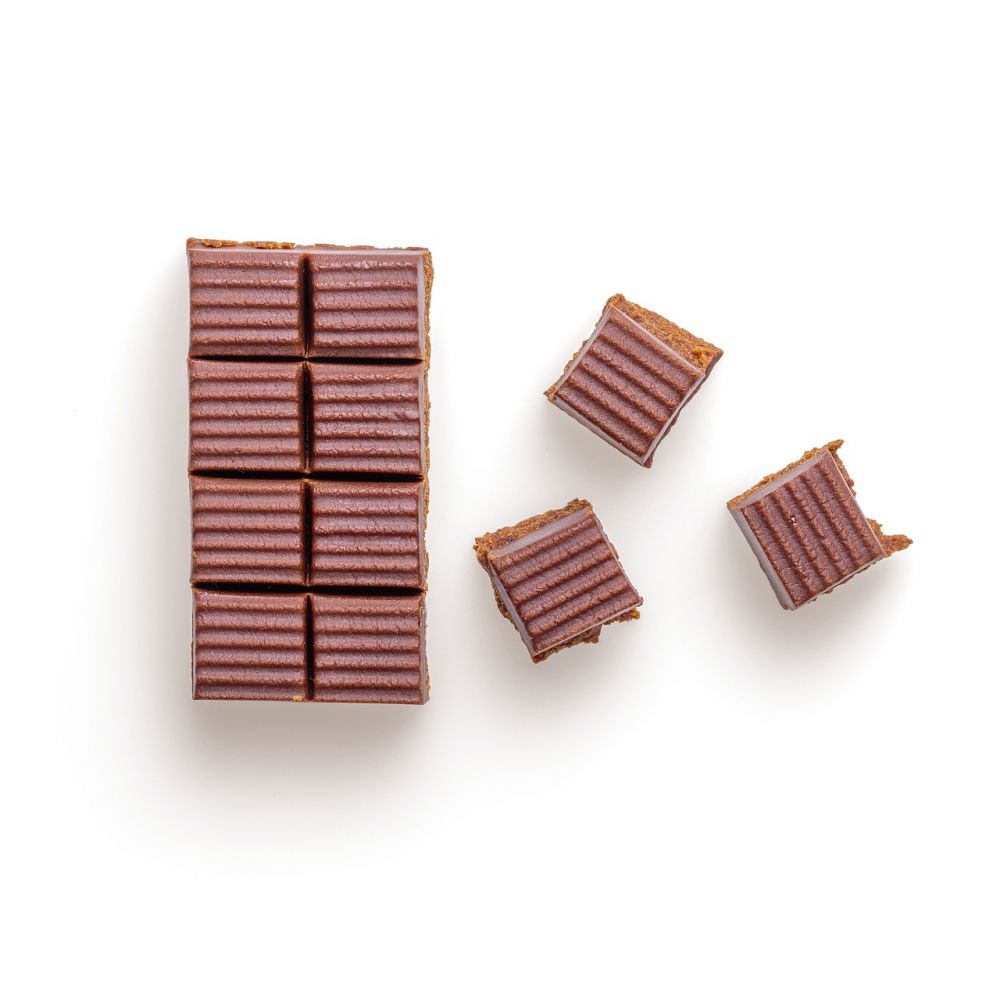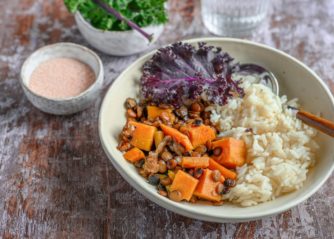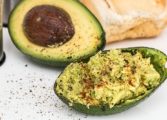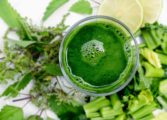Vegan Desserts: A Complete Guide to Delicious Plant-Based Treats

Introduction:
Vegan desserts have gained significant popularity in recent years as more people are adopting plant-based lifestyles or seeking out healthier alternatives to traditional desserts. This comprehensive article aims to provide an in-depth overview of vegan desserts, including what they are, the different types available, their popularity, and quantitative measurements. Additionally, we will discuss how various vegan desserts differ from one another and explore the historical advantages and disadvantages associated with these plant-based treats.
Overview of Vegan Desserts:

Vegan desserts are sweet treats that are free from any animal-derived ingredients such as eggs, dairy, and honey. Instead, they are made using plant-based substitutes like almond milk, coconut cream, tofu, and various fruit-based alternatives. These desserts are suitable for individuals following a vegan lifestyle, those with dietary restrictions or allergies, or those looking to indulge in guilt-free desserts.
Comprehensive Presentation of Vegan Desserts:
There is a wide variety of vegan desserts available, ranging from classic favorites to innovative creations. Here are some popular types of vegan desserts:
1. Cakes and Cupcakes: Vegan cakes and cupcakes are made using alternatives to eggs, such as applesauce or flaxseed meal, combined with plant-based milk and oil. They can be decorated with vegan frosting and toppings like fresh fruit or nuts.
2. Cookies and Brownies: These vegan versions of traditional cookies and brownies are made using ingredients like vegan margarine, almond flour, and plant-based chocolate chips. They can be just as delicious and satisfying as their non-vegan counterparts.
3. Pies and Tarts: Vegan pies and tarts often use a combination of plant-based fats (such as coconut oil) and natural sweeteners (such as maple syrup) for the crust. The filling can vary from fruit-based options to creamy vegan custards.
4. Ice Cream and Sorbet: Vegan ice cream is typically made from a base of coconut milk, almond milk, or cashew cream blended with natural sweeteners and flavorings. Sorbets, on the other hand, are fruit-based frozen desserts made without any dairy.
5. Puddings and Mousses: These vegan desserts are created using ingredients like avocado, silken tofu, or chia seeds as a creamy base. They can be flavored with cocoa powder, fruits, or spices, providing a rich and satisfying dessert experience.
Quantitative Measurements of Vegan Desserts:
When it comes to vegan desserts, there are several quantifiable aspects to consider:
1. Nutritional Information: Vegan desserts often have lower levels of saturated fat and cholesterol compared to their non-vegan counterparts. They can also be higher in fiber, vitamins, and minerals due to the use of whole-food ingredients.
2. Calorie Content: While vegan desserts can still be calorie-dense, the absence of animal fats and cholesterol can make them a healthier option overall. However, portion control is still essential to maintain a balanced diet.
3. Glycemic Index: Vegan desserts made with natural sweeteners like dates, agave nectar, or coconut sugar may have a lower glycemic index compared to desserts with refined sugars. This can be beneficial for individuals looking to manage their blood sugar levels.
Differences Between Vegan Desserts:
Even within the realm of vegan desserts, there can be significant differences in taste, texture, and preparation methods. Some factors that contribute to these variations include:
1. Ingredient Choices: Various vegan dessert recipes utilize different ingredients, such as banana, pumpkin, or tofu, to provide structure, moisture, and flavors. These ingredient choices can greatly impact the final product.
2. Substitution Techniques: When veganizing traditional dessert recipes, substitutions techniques for eggs, dairy, and other animal-based ingredients can vary. These techniques may involve using alternatives like applesauce, silken tofu, or aquafaba (chickpea brine) with different results.
Historical Advantages and Disadvantages of Vegan Desserts:
Throughout history, vegan desserts have evolved, presenting both advantages and disadvantages. Some historical aspects to consider include:
1. Advantages: Vegan desserts often offer healthier options compared to their non-vegan counterparts. They can be lower in saturated fats and cholesterol, promote the consumption of plant-based ingredients, and cater to dietary restrictions or allergies.
2. Disadvantages: Early iterations of vegan desserts may have been lacking in taste or texture, largely due to limited ingredient options. However, as the popularity of veganism has grown, recipe development and creativity in the plant-based dessert realm have vastly improved.
[INSERT VIDEO HERE – A short video showcasing the preparation of a delicious vegan dessert, highlighting the process and final presentation.]
Conclusion:
In conclusion, vegan desserts are a delicious and versatile alternative to traditional desserts, offering a wide range of options suitable for plant-based eaters and those with dietary restrictions. From cakes to ice creams, each vegan dessert brings its unique taste, texture, and health benefits. With advancements in recipe development and increased demand, vegan desserts have become more accessible, satisfying, and enjoyable than ever before. So why not try your hand at whipping up a delectable vegan dessert and indulge guilt-free in the world of plant-based sweetness?
















































